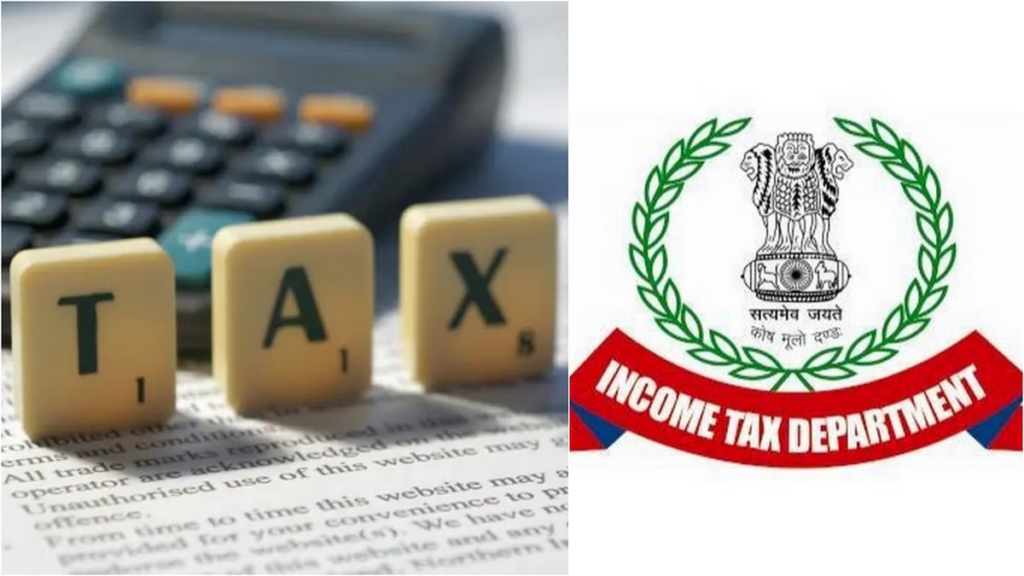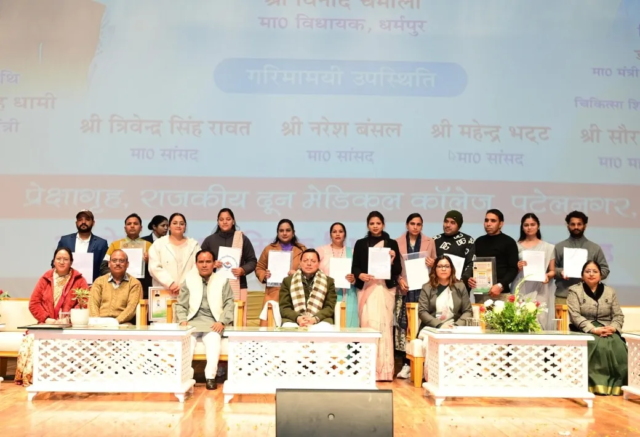CBDT sources said- Claims of additional powers given to officers in the new Income Tax Bill are wrong

Sources in the Central Board of Direct Taxes (CBDT) said that the claim of giving additional powers to income tax officers in the new Income Tax Bill 2025 is false. It was being claimed that income tax officers have been given additional rights to access electronic records like emails, social media and digital media.
CBDT sources said that under section 132 of the Income Tax Act 1961, an authorized officer has the right to ensure from a person that he seizes books, ledgers or other documents kept in his possession. These documents can also be in the form of electronic records. A source said that the claims of giving new powers are false.
Similarly, under section 247 of the Income Tax Bill 2025, an authorized officer can gain access to a computer system or virtual digital space by overriding its access code. Sources said that this is just like repeating the already existing rights. He also said that this right is given to tax officials only in special circumstances, when a competent officer orders a search or seizure and the person concerned is not cooperating.
A source also said, this is not a normal method. It applies only in certain circumstances. This right was there earlier under the Income Tax Act 1961 and the same situation remains in the new Income Tax Bill 2025.
Lok Sabha Speaker Om Birla has constituted a 31-member select committee of Lok Sabha MPs to examine the new Income Tax Bill. The bill aims to simplify tax laws, modernize definitions and provide more clarity in various tax-related matters.
This new bill was introduced in the Lok Sabha by Union Finance Minister Nirmala Sitharaman on February 13 and aims to replace the existing Income Tax Act 1961. The bill will make several changes affecting taxpayers such as individuals, businesses and non-profit organizations. In the July 2024 Budget, the government proposed a comprehensive review of the Income Tax Act, 1961, with the aim of making the existing Act concise and clear and reducing the number of disputes and litigation.







